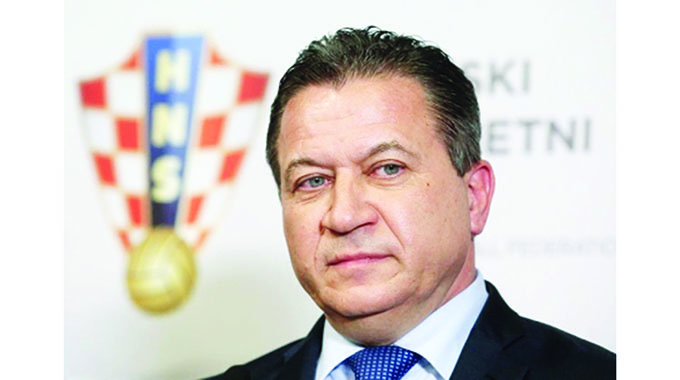NSSA adds social health protection

Tawanda Musarurwa
Senior Business Reporter
State-run pension fund, the National Social Security Authority (NSSA), is widening its social security coverage by providing health facilities to its members.
The authority, which is the largest pension fund in the country with investments worth over US$1 billion, also announced plans to procure Covid-19 vaccines to cover pensioners scattered across the country’s 10 administrative provinces.
Social protection consists of policies and programmes structured to reduce poverty and vulnerability by promoting efficient labour markets, diminishing people’s exposure to risks and enhancing their capacity to protect themselves against interruption or loss of income.
The International Labour Organisation (ILO) Social Security (Minimum Standards) Convention, 1952 (No. 102), outlines the nine principal branches of social security namely: medical care, sickness, unemployment, old age, employment injury, family, maternity, invalidity and survivors’ benefits.
NSSA constituted and established in terms of the NSSA Act of 1989, Chapter 17: 04 is the statutory corporate body tasked by the Government to provide social security to workers in Independent Zimbabwe.
But for years the body has covered four of the indicated principal branches of social security, although plans have been afoot to extend social protection to the informal sector.
NSSA director OSH Dr Charles Shava said the Authority’s health services are part of its non-monetary benefits to pensioners.
“Our mobile clinic will be having a full-time nurse and a doctor. It’s intended to travel across each region. Our plan is to have a mobile clinic in each province and we are especially targeting those difficult-to-reach areas so that all our pensioners can go for diagnosis and procure drugs for common chronic conditions,” said Dr Shava.
“In addition to that we also intend to establish clinics at our six centres across the country, that is Harare, Chinhoyi, Masvingo, Bulawayo, Gweru and Mutare. These clinics will be manned by a lo-cum doctor who will be coming to deal with complex consultations. We want to ensure that the welfare of our pensioners is well addressed.
“We are going to be deliberately targeting certain chronic conditions for the elderly such as cataract and certain types of cancers.”
The new development is in line with ILO recommendations.
“Universal social health protection ensures that all people in need have effective access to at least adequate care and is thus a key mechanism for achieving these objectives. It is designed to alleviate the burden caused by ill health, including death, disability and loss of income.
“Social health protection coverage also reduces the indirect costs of disease and disability, such as lost years of income due to short and long-term disability, care of family members, lower productivity, and the impaired education and social development of children due to sickness. It hence plays a significant role in poverty alleviation,” said the global body in a 2008 paper entitled “An ILO strategy towards universal access to health care.”
Meanwhile, NSSA has also indicated plans to contribute to the ongoing national vaccination programme by procuring vaccines for its pensioners.
“We have decided to procure Covid-19 vaccines for pensioners. Although some of our pensioners may been covered under the ongoing national vaccination programme, we felt that as NSSA we owe it to our pensioners to contribute to that,” said Dr Shava.
“We are going to target certain pensioner groups to ensure that they get access. We have already made our submissions to the Ministry of Health and Childcare.”
Economic growth across the globe has slowed down and businesses are pinning recovery on the back of successful role out of vaccination programmes.
However, most of the companies argue they lack resources to procure the vaccines and they expect their workers to be part of the national programmes.
The Government will be procuring one million doses monthly and hopes are those willing to be vaccinated will be covered by the programme.











Comments